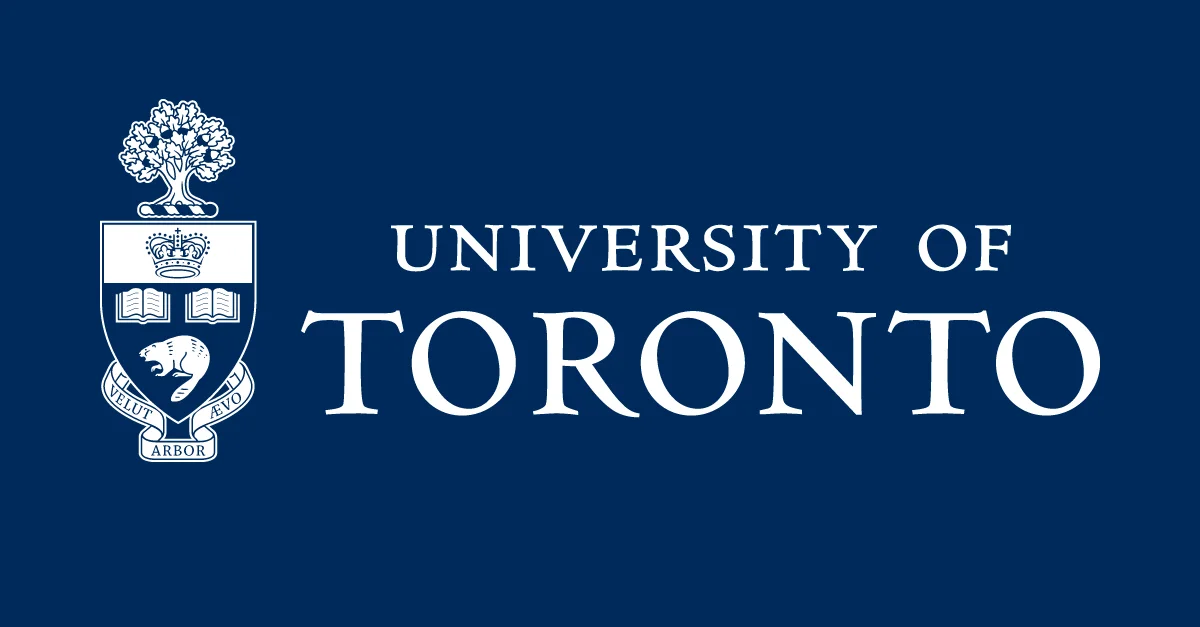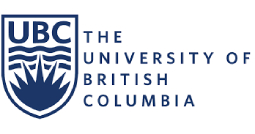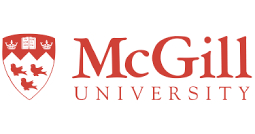John Doe
CEO, BetaIpsam ab nobis provident nunc placerat atque ultricies, penatibus etiam fugit, nec, maxime, fames aliquet tempora suscipit necessitatibus, nonummy elit

Studying in Canada is a great choice, as the country is known for its high-quality education system, diverse multicultural environment, and excellent research opportunities. Here are some key points to consider if you’re interested in studying in Canada:
1) Institutions: Canada has numerous reputable universities, colleges, and institutes offering a wide range of programs and degrees. Some of the well-known universities include the University of Toronto, McGill University, University of British Columbia, and University of Alberta. Each institution has its own strengths and areas of expertise, so it’s essential to research and choose the one that aligns with your academic goals.

2) Programs and Degrees: Canadian institutions offer a vast array of programs and degrees at various levels, including undergraduate, graduate, and doctoral studies. Whether you’re interested in humanities, sciences, engineering, business, or any other field, you’re likely to find suitable programs in Canada.
3) Admission Requirements: Admission requirements vary among institutions and programs. Generally, you’ll need to submit your academic transcripts, letters of recommendation, a statement of purpose, standardized test scores (e.g., SAT, ACT, GRE), and proof of English proficiency (unless your previous education was in English). It’s important to check the specific requirements of the institutions you’re interested in.
4) English/French Proficiency: English and French are the two official languages of Canada. Depending on the institution and program, you may need to demonstrate proficiency in either language. Commonly accepted language proficiency tests include IELTS (International English Language Testing System) and TOEFL (Test of English as a Foreign Language).
5) Tuition and Financial Assistance: Tuition fees vary depending on the institution, program, and level of study. International students usually pay higher fees than Canadian residents. However, there are scholarships, grants, and bursaries available to help offset the costs. Additionally, some institutions offer work-study programs that allow students to work part-time on campus while studying.
6) Student Visas: To study in Canada, you’ll typically need a study permit (student visa). It’s important to apply for a study permit well in advance of your intended start date. The process may require providing proof of acceptance to a Canadian institution, demonstrating financial stability, and satisfying other requirements. You can find detailed information on the official website of the Government of Canada.
7) Post-Graduation Work Opportunities: Canada offers various post-graduation work permit programs that allow international students to gain work experience after completing their studies. These programs provide opportunities to work in Canada for up to three years, depending on the length of your program.




